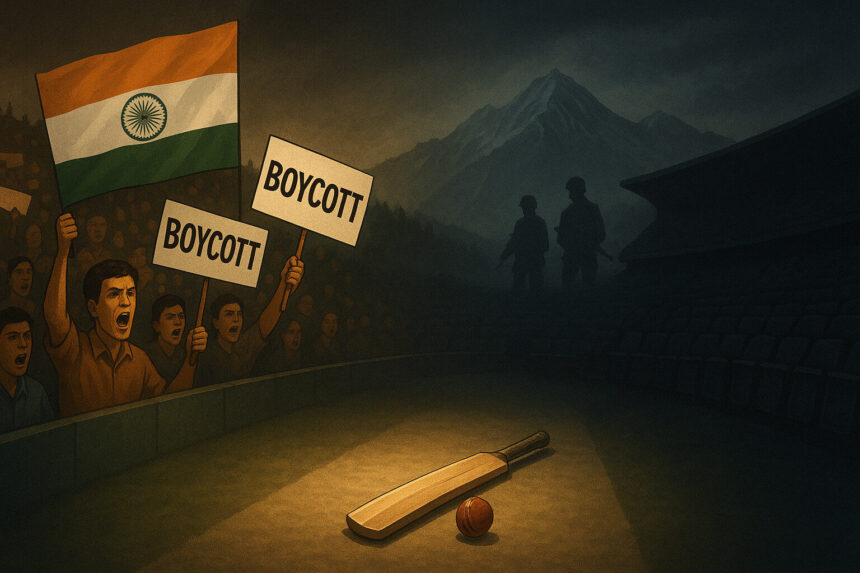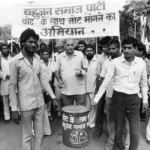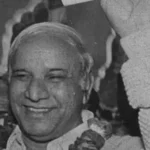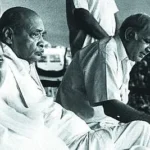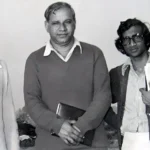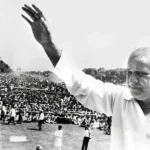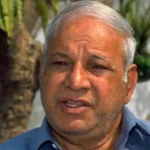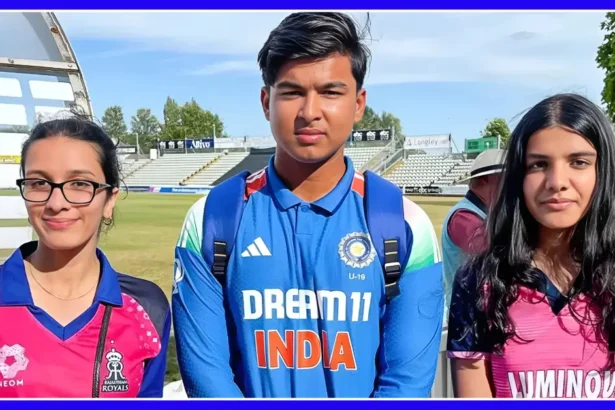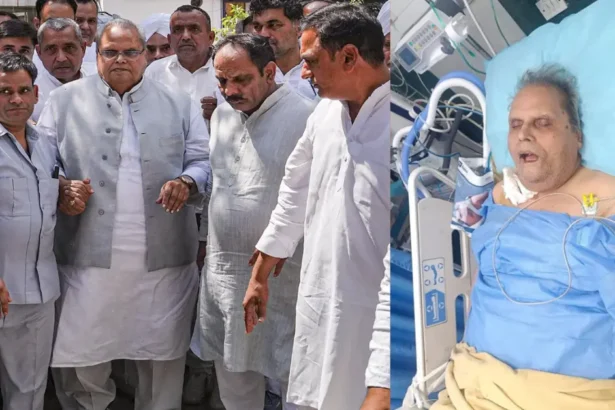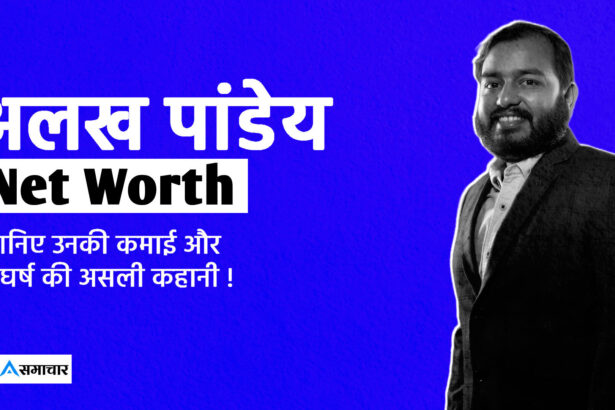India vs Pak cricket has become the center of nationwide boycott calls, with citizens and victims’ families asking whether it is morally right to proceed so soon after the Pahalgam terror attack that killed civilians. The debate goes beyond sport, touching national sentiment, policy clarity, and the ethics of participating in a high-visibility spectacle with Pakistan. This blog lays out the core reasons behind the protests, explains India’s policy on bilateral versus multilateral matches, examines BCCI’s constraints, and outlines constructive actions for those supporting the boycott.
- Why Boycott Calls Are Trending Now
- Bilateral vs Multilateral — What It Means
- BCCI’s Position and Constraints
- Ethics and Optics: Sport, State, and Society
- Families’ Voices and Civil Society Response
- Stadiums, Tickets, and Viewership: The Practical Side of a Boycott
- Avoiding Misinformation and Polarization
- What Meaningful Action Looks Like
- Counterpoints and Rebuttals
- Editorial View
Why Boycott Calls Are Trending Now
The immediate trigger is the Pahalgam terror attack in which civilians were killed, leaving families and communities grieving and demanding a clear moral stance from institutions. Many see a marquee india-pakistan match as a symbolic normalization of ties despite recent violence, asking: can celebration and cricket coexist with fresh wounds? Because india versus pakistan carries unique symbolic weight, protests naturally focus on this fixture, viewing it as the most visible platform to send a message.
Bilateral vs Multilateral — What It Means
India’s stance in recent years has effectively halted bilateral cricket with Pakistan while still permitting participation against Pakistan in multilateral events like ACC and ICC tournaments. Multilateral events come with international commitments, points, and penalties, making unilateral withdrawal complicated without broader policy coordination. This gap—public sentiment versus tournament obligations—drives confusion, backlash, and calls for a more consistent, transparent policy.
BCCI’s Position and Constraints
The BCCI functions within government policy and international cricket governance frameworks, where schedules, rights, and penalties are predetermined. Pulling out unilaterally can trigger tournament sanctions, commercial disputes, and contractual breaches with broadcasters and sponsors. Without explicit government directives, a last-minute reversal is complex, creating a governance dilemma amid surging public sentiment.
Ethics and Optics: Sport, State, and Society
One ethical view: playing a high-profile game risks trivializing civilian deaths and undermining a firm stand against terror. Another view: sport should remain separate from geopolitics, maintaining international commitments while diplomacy addresses security concerns. The real tension is between optics and outcomes—what symbolic boycotts achieve versus the long-term implications for policy, athletes, and global commitments.
Families’ Voices and Civil Society Response
Families of victims have appealed for boycotts, urging institutions to reflect the gravity of the loss and the need for a principled stand. Veterans, public figures, and civil society groups have amplified demands, calling for respect, accountability, and a clear policy doctrine. Peaceful, lawful protest is central: channeling grief into responsible civic action rather than targeting individuals.
Stadiums, Tickets, and Viewership: The Practical Side of a Boycott
An ethical boycott can mean not attending, not watching, and not amplifying match content on social media or group watch parties. Focus on legitimate advocacy: avoid scalping, misinformation, or disruption that undermines civic principles. Consumer choice—tickets, subscriptions, and streams—signals public sentiment and can influence future decisions.
Avoiding Misinformation and Polarization
Verify facts before sharing; avoid incendiary claims and edited clips that inflame tensions. Keep criticism directed at policy and governance rather than players or families, who act within institutional mandates. Constructive engagement includes writing to representatives, supporting verified relief efforts, and joining credible forums for policy discussion.
What Meaningful Action Looks Like
Support verified charities and rehabilitation programs for victims’ families; prioritize transparency and audited initiatives. Engage policymakers: petitions, open letters, and public consultations to clarify a consistent doctrine for sports engagements amid security concerns. Practice media literacy: choose trusted news sources and call out unverified narratives, bots, and coordinated disinformation.
Counterpoints and Rebuttals
“Sport is apolitical”: In extraordinary circumstances marked by civilian killings, many argue that symbolic platforms like india-pakistan matches cannot be divorced from context. “International commitments bind us”: Recognize governance constraints while explaining why citizens still view participation as a moral decision. “Boycotts hurt athletes”: True, which is why systemic policy clarity should precede fixtures, reducing last-minute pressure on players and staff.
Editorial View
Grief and outrage after civilian killings are legitimate and demand empathy, policy clarity, and consistent principles from institutions. Clear communication from policymakers and sporting bodies can reduce confusion, backlash, and politicization around high-profile fixtures. A humane, law-abiding path centers victims, demands accountability, and avoids harassment or vilification—aligning public sentiment with responsible civic action.
Why are people calling to boycott india vs pak cricket?
Many believe a high-visibility match normalizes relations despite recent terror attacks on civilians, making celebration through sport morally unacceptable in the current context.
If policy says no bilateral matches, why is this still happening?
India doesn’t play bilateral series with Pakistan but participates in multilateral tournaments where rules, points, and penalties apply, creating a different set of obligations.
Does boycotting the match actually matter?
It’s a symbolic and economic signal. Choosing not to attend, watch, or amplify sends a clear message without targeting individuals.
Should players be blamed?
Players operate under directives and schedules decided above them. Ethical protest should focus on policy and governance, not personal harassment.
What can supporters do constructively?
Support verified victim funds, engage policymakers for coherent sports policy, practice media literacy, and participate in lawful, respectful civic action.
Can the match realistically be canceled?
It is difficult in multilateral events without broader policy coordination due to governance, penalties, and commercial commitments; long-term change requires clear government-led doctrine.



